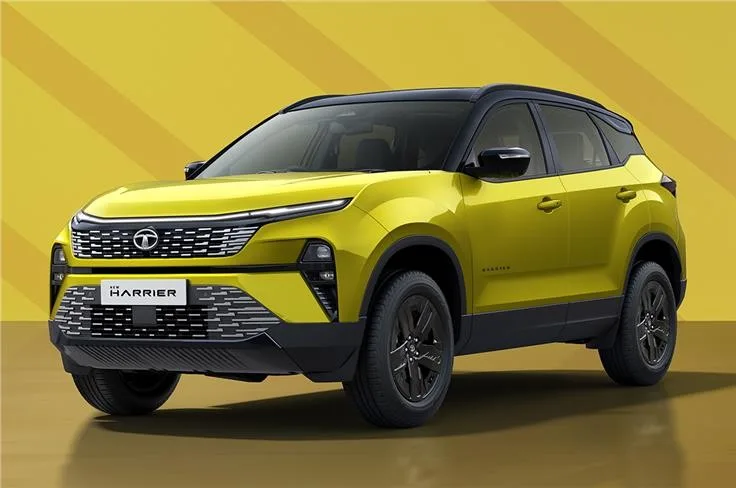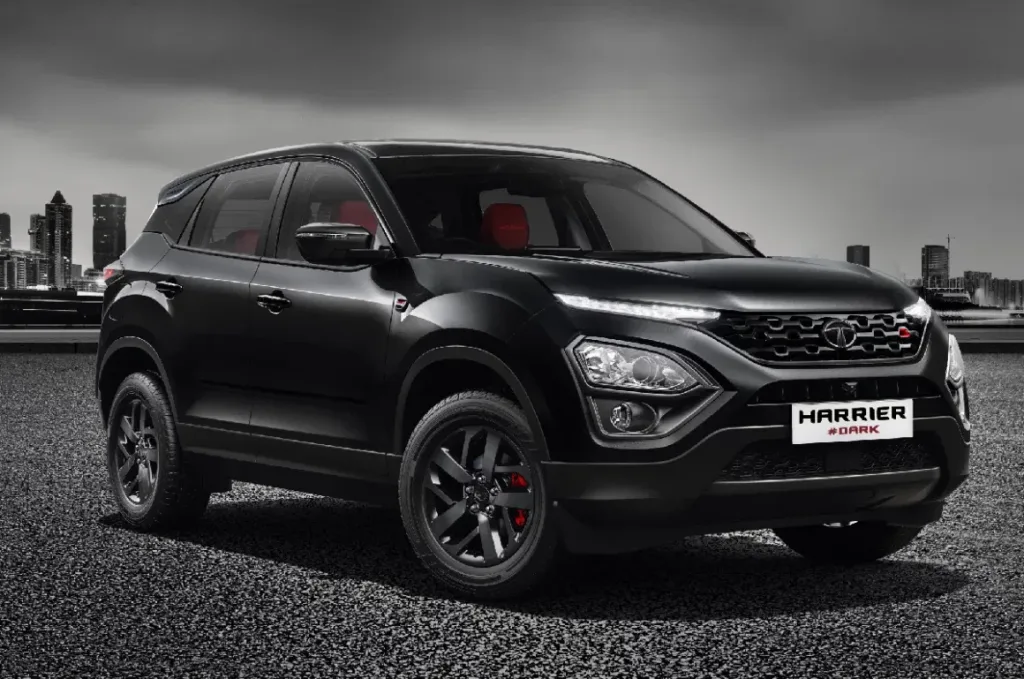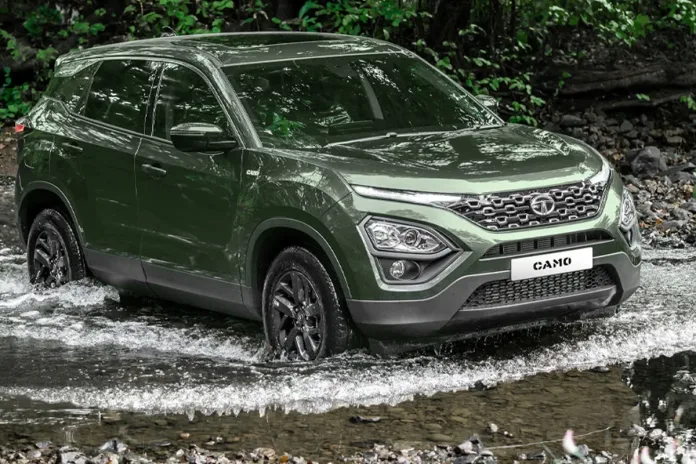The dusty highways of Rajasthan are witnessing a quiet revolution. Electric vehicles, once a rarity on these roads, are becoming increasingly common. Now, the state government is taking a decisive step to accelerate this transition with the launch of a dedicated online portal for EV subsidies.
“This portal will be a game-changer for electric mobility in Rajasthan,” says Mahesh Sharma, an EV owner from Jaipur who has been waiting for the subsidy since purchasing his electric scooter last year. “Many of us bought EVs with the promise of government support, and now we’ll finally have a straightforward way to claim what we’re entitled to.”
Rajasthan’s EV subsidy program aims to benefit approximately 1.6 lakh vehicle owners across the state. After months of development and testing, the portal is now in its final stages and is expected to go live next month, according to transport department officials.
Rajasthan’s EV Rs 200 Crore Vision
In February 2025, the Rajasthan government established a substantial Rs 200 crore fund to promote electric mobility under its Electric Vehicle Policy. This fund was created to provide financial incentives to EV buyers, making the switch to electric more affordable and attractive.
What makes this initiative particularly noteworthy is its retroactive application. Vehicle owners who purchased EVs on or after September 1, 2022, will be eligible to apply for subsidies once the portal launches. This means thousands of early adopters won’t be left out of the benefits.
“We’ve been working diligently to ensure the portal is user-friendly and secure,” explains Rajesh Yadav, a senior official with the transport department. “The National Informatics Centre has developed a robust system that will streamline the application process and ensure timely disbursement of subsidies.”

How to Apply for Rajasthan’s EV Subsidy Online Through the New Portal
The process to apply for Rajasthan’s EV subsidy online has been designed with simplicity in mind. Once the portal goes live next month, eligible EV owners will need to follow these steps:
- Visit the official Rajasthan’s EV subsidy portal
- Register using basic personal information
- Enter vehicle details including registration number
- Upload required documents (purchase invoice, registration certificate)
- Provide bank account details for direct subsidy transfer
- Submit the application and receive a confirmation number
“The entire process is expected to take less than 15 minutes for most applicants,” says Yadav. “We’ve eliminated unnecessary paperwork and streamlined verification procedures to ensure a smooth experience.”
The portal will also feature a tracking system, allowing applicants to check their subsidy status in real-time. This transparency is expected to build trust in the system and reduce the need for follow-up inquiries.
Rajasthan’s EV Subsidy Structure Explained
The Rajasthan’s EV subsidy covers a wide range of vehicles, with different incentive amounts based on vehicle type and battery configuration. Here’s a comprehensive breakdown of the subsidy structure:
| Vehicle Type | Battery Configuration | Subsidy Amount |
|---|---|---|
| Two-wheelers | Fixed Battery | Rs 5,000 – 10,000 |
| Two-wheelers | Swappable Battery | Rs 2,000 – 5,000 |
| Three-wheelers | Fixed Battery | Rs 10,000 – 20,000 |
| Three-wheelers | Swappable Battery | Rs 4,000 – 10,000 |
| Four-wheelers | Any Type | Rs 30,000 – 50,000 |
Additionally, the policy provides subsidies for retrofit kits:
- Three-wheeler retrofit kits: Up to 15% of cost (maximum Rs 10,000)
- Four-wheeler retrofit kits: Up to 15% of cost (maximum Rs 15,000)
“This structured approach ensures that subsidies are proportional to the vehicle cost while providing meaningful financial relief to buyers across segments,” explains Dr. Sunita Verma, an economist specializing in sustainable transportation policies.
Rajasthan’s EV Car Subsidy: Eligibility and Benefits for Four-Wheelers
Rajasthan’s EV car subsidy offers between Rs 30,000 to Rs 50,000 for four-wheelers priced under Rs 20 lakhs. This significant incentive is expected to boost the adoption of electric cars in the state, which currently lags behind two and three-wheeler EV adoption.
For Rajasthan residents like Vikram Singh, a software engineer from Udaipur, this subsidy makes a substantial difference. “I’ve been considering an electric car for months, but the higher upfront cost was a deterrent. With this subsidy, the price gap between electric and conventional cars narrows considerably, making it a much more viable option for my family.”
To be eligible for the four-wheeler subsidy, vehicles must:
- Be registered in Rajasthan
- Have been purchased on or after September 1, 2022
- Have an ex-showroom price not exceeding Rs 20 lakhs
- Be certified as an electric vehicle by appropriate authorities
The subsidy amount varies based on specific vehicle characteristics, with higher incentives typically available for vehicles with larger battery capacity and range.

Additional Rajasthan’s EV Incentives Beyond Direct Subsidies
Beyond the direct financial incentives, the Rajasthan government has implemented several additional measures to promote EV adoption:
- Road Tax Exemption: Electric vehicles enjoy complete exemption from road tax in Rajasthan
- Registration Fee Waiver: Zero registration fees for eligible electric vehicles
- Charging Infrastructure Support: Subsidies for setting up public and private charging stations
- Special Electricity Tariffs: Reduced electricity rates for EV charging
- Reserved Parking: Dedicated parking spaces for electric vehicles in municipal areas
“These complementary measures create a supportive ecosystem for EV owners,” notes Priya Sharma, founder of Green Mobility Rajasthan, an advocacy group promoting sustainable transportation. “The direct subsidy is important, but these additional benefits significantly improve the overall value proposition of switching to electric.”
Rajasthan’s EV Policy in the National Context
Rajasthan’s EV policy established a Rs 200 crore fund to promote electric mobility in the state. This positions Rajasthan among the more progressive states in India when it comes to EV adoption incentives.
When compared to other states, Rajasthan’s approach stands out in several ways:
| State | Subsidy for 4-wheelers | Subsidy for 2-wheelers | Road Tax Exemption | Special Features |
|---|---|---|---|---|
| Rajasthan | Rs 30,000 – 50,000 | Rs 5,000 – 10,000 | 100% | Retroactive eligibility since Sept 2022 |
| Gujarat | Up to Rs 1.5 lakh | Up to Rs 20,000 | 100% | Additional incentives for scrapping old vehicles |
| Maharashtra | Up to Rs 1.5 lakh | Up to Rs 10,000 | 100% | Early bird incentives |
| Delhi | Up to Rs 1.5 lakh | Up to Rs 30,000 | 100% | Scrapping incentives, low-interest loans |
| Karnataka | 15% of cost (max Rs 60,000) | 15% of cost (max Rs 10,000) | 100% | Manufacturing incentives |
“Each state has tailored its approach based on local conditions and priorities,” explains Dr. Verma. “Rajasthan’s policy is particularly noteworthy for its comprehensive coverage across vehicle segments and the substantial fund allocation.”
The Impact on Rajasthan’s EV Future
The launch of the subsidy portal is expected to have far-reaching implications for electric mobility in Rajasthan. The state has set ambitious targets as part of its EV policy:
- 30% share for electric three-wheelers
- 15% for electric two-wheelers
- 5% for electric four-wheelers in new vehicle registrations
“The subsidy portal will be a crucial enabler in achieving these targets,” says Yadav. “By making the financial incentives easily accessible, we’re removing a significant barrier to EV adoption.”
The timing of this initiative aligns with broader national goals. India aims to have EVs account for 30% of private cars, 70% of commercial vehicles, and 80% of two and three-wheelers by 2030.
For Rajasthan, with its abundant solar resources, the shift to electric mobility also presents an opportunity to create a truly sustainable transportation ecosystem powered by renewable energy.
Challenges and Road Ahead
Despite the promising developments, challenges remain in Rajasthan’s electric mobility journey:
- Charging Infrastructure: The state still faces a significant gap in charging stations, particularly in smaller cities and rural areas
- Consumer Awareness: Many potential buyers remain unaware of the benefits of EVs and available incentives
- Model Availability: Limited EV models in certain segments restrict consumer choice
- Grid Capacity: As EV adoption increases, the electricity grid will need upgrades to handle increased demand
“The subsidy portal addresses the financial aspect, which is crucial, but a holistic approach is needed,” cautions Sharma from Green Mobility Rajasthan. “We need concurrent investments in charging infrastructure, grid capacity, and consumer education to create a truly enabling environment for EVs.”
The transport department acknowledges these challenges and indicates that additional measures are in the pipeline, including a comprehensive charging infrastructure plan and awareness campaigns.
Also Read: Maruti Suzuki’s e-Vitara Launch: A New Chapter in Indian EV
FAQs About Rajasthan’s EV Subsidy
When will the Rajasthan’s EV subsidy portal be launched?
The portal is expected to go live in April 2025. It is currently in the final testing phase and being developed by the National Informatics Centre (NIC).
Who is eligible for the Rajasthan’s EV subsidy?
Residents of Rajasthan who purchased electric vehicles on or after September 1, 2022, are eligible. The vehicle must be registered in Rajasthan and meet the criteria specified in the state’s Electric Vehicle Policy.
Is there a deadline to apply for the subsidy?
No specific deadline has been announced yet. However, it’s advisable to apply soon after the portal launches to ensure you don’t miss out on the benefits.
Can I apply for the subsidy if I bought my EV before September 1, 2022?
No, only vehicles purchased on or after September 1, 2022, are eligible under the current policy.
Can I apply for the subsidy if I’ve already received incentives from the central government?
Yes, Rajasthan’s EV subsidy is separate from and additional to any central government incentives you may have received, such as those under the FAME-II scheme.
As Rajasthan prepares to launch its EV subsidy portal next month, the state takes a significant step toward a cleaner, more sustainable transportation future. For the 1.6 lakh potential beneficiaries, this represents not just financial relief but recognition of their early adoption of environment-friendly technology.
“I’m looking forward to finally completing my subsidy application,” says Mahesh Sharma, the EV owner we met earlier. “But more than the money, I’m happy to see the government following through on its commitment to promote electric mobility. It gives me confidence that I made the right choice for the environment and for my family’s future.”
With the comprehensive subsidy structure, user-friendly application process, and additional incentives, Rajasthan is positioning itself as a leader in India’s electric mobility revolution. As the portal goes live next month, it will mark not just the fulfillment of a policy promise but a significant milestone in the state’s journey toward sustainable transportation.


